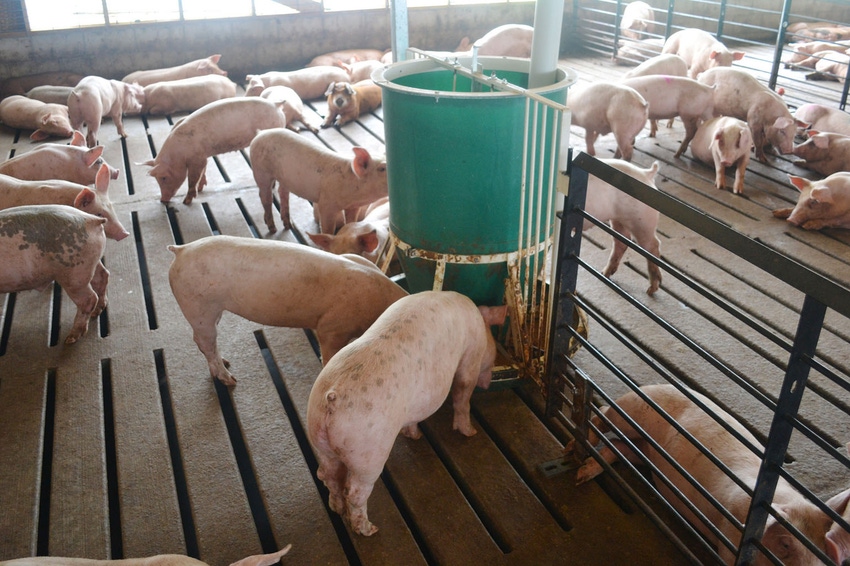APC: Functional plasma proteins contribute to sustainability goals
SDPP proteins are an alternative ingredient to high levels of zinc oxide.
April 19, 2023

Growing ESG (Environmental, Social and Governance) requirements of global food companies has led to innovative processes along the food supply chain to reduce waste and energy consumption while increasing value and maintaining animal welfare standards. Whether it's at the farm, within production facilities or at retail or foodservice, ESG reporting is becoming mainstream, and a growing number of companies are working to show verifiable progress toward sustainability goals. Animal welfare and environmental stewardship are among top priorities for ESG reporting.
APC, the leading global manufacturer for blood-derived functional proteins, is supporting their customers' ESG goals by providing environmentally sustainable products that benefit the swine industry.
The USDA reports that nearly 74 million swine were raised in the United States in 2021, resulting in nearly 15 billion pounds of pork in the country. The viability and health of the pork industry is crucial to meeting the needs of the U.S. and export markets, and sustainable practices play a growing role in that competitive market.
According to the National Pork Producers latest report, "The environmental impact of pork production is an important matter that is not independent of the industry's economic contribution. The most recent retroactive life-cycle assessment of the pork industry shows that U.S. producers have significantly reduced the resources required to produce each pound of pork. According to the U.S. Environmental Protection Agency, hog production accounted for 0.47% of total U.S. greenhouse gas emissions in 2020, making the industry's carbon footprint per pound of pork produced nearly 21% smaller than in 1990."
APC supports U.S. pork producers in their efforts to be more sustainable by providing nutrient-rich feed ingredients that promote the health of swine herds and enhance sustainable practices. Plasma is a natural functional protein and seen as a valuable, sustainable protein resource. Spray-Dried Porcine Plasma is produced to retain all biologically active functional proteins that help support an animal's immune system, health and growth. For more than 30 years APC has added value to the meat production process by reducing waste and providing valuable feed ingredients that help animals thrive.
"We understand that expectations in the areas of traceability, biosecurity and environmental stewardship are top of mind for our customers, which is why we are committed to safe, responsible sourcing of our products," said Dave Dirks, chief operating officer at APC.
How is SDPP contributing to a sustainable food system?
Innovation has created a valuable protein source from a previously discarded co-product of the animal processing industry. This process has reduced waste that would otherwise go through treatment plants or to landfills.
SDPP is an environmentally friendly, natural ingredient that supports animal health thus reducing reliance on use of antibiotics.
SDPP in feed increases nutrient uptake, thus yielding healthier pigs from weaning to market.
APC manufacturing plants are in regions where meat packing facilities are located to reduce transportation costs and GHG emissions throughout the production and transportation process. SDPP proteins are an alternative ingredient to high levels of zinc oxide. High levels of zinc oxide are commonly used in nursery pig diets to manage post-weaning diarrhea, particularly the effects of pathogenic E. coli on pig growth and health. The European Union has moved to restrict the use of high levels of ZnO and other countries are following suit.
You May Also Like



